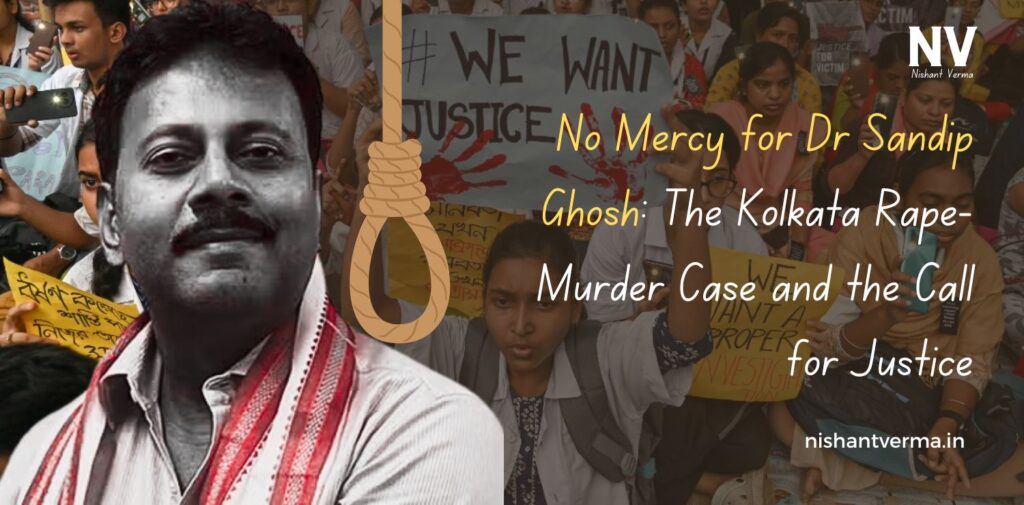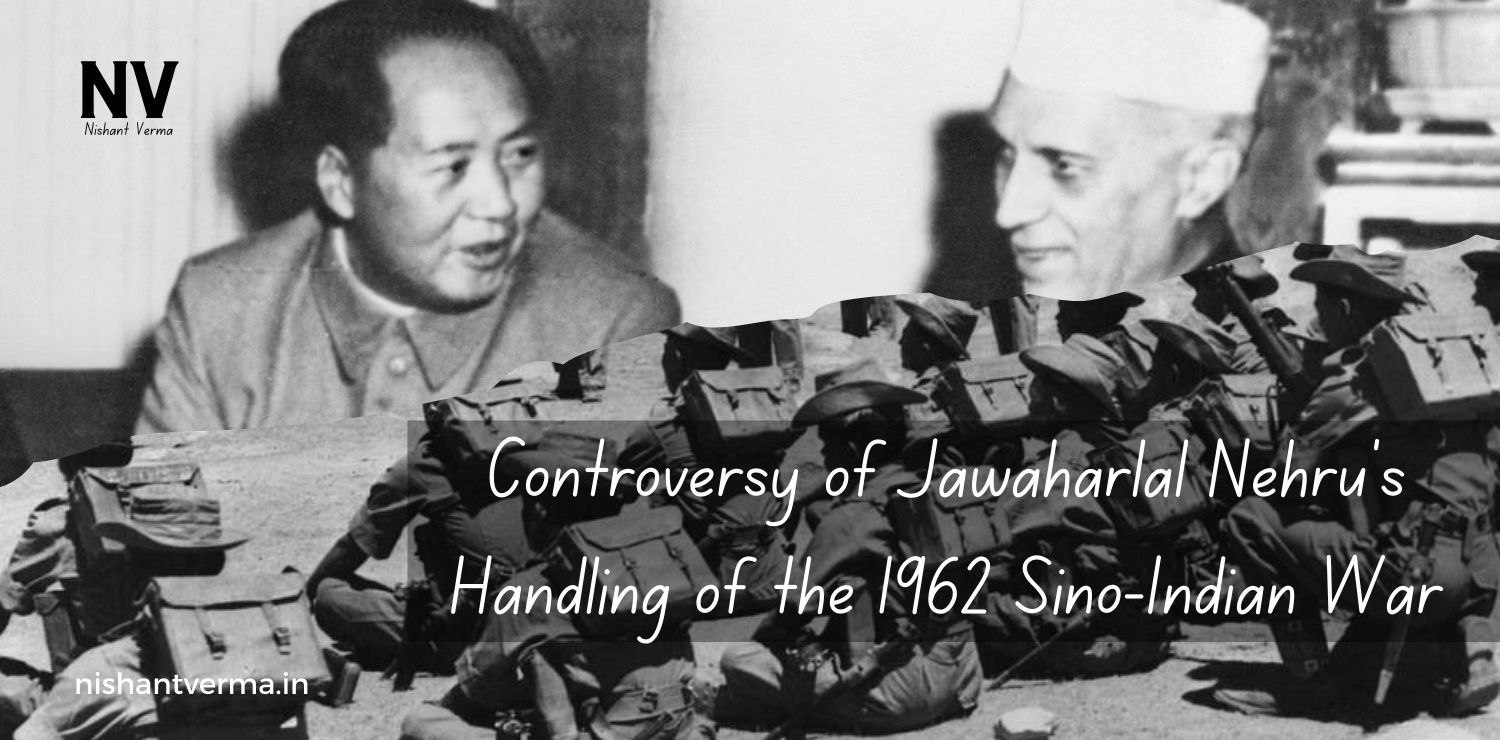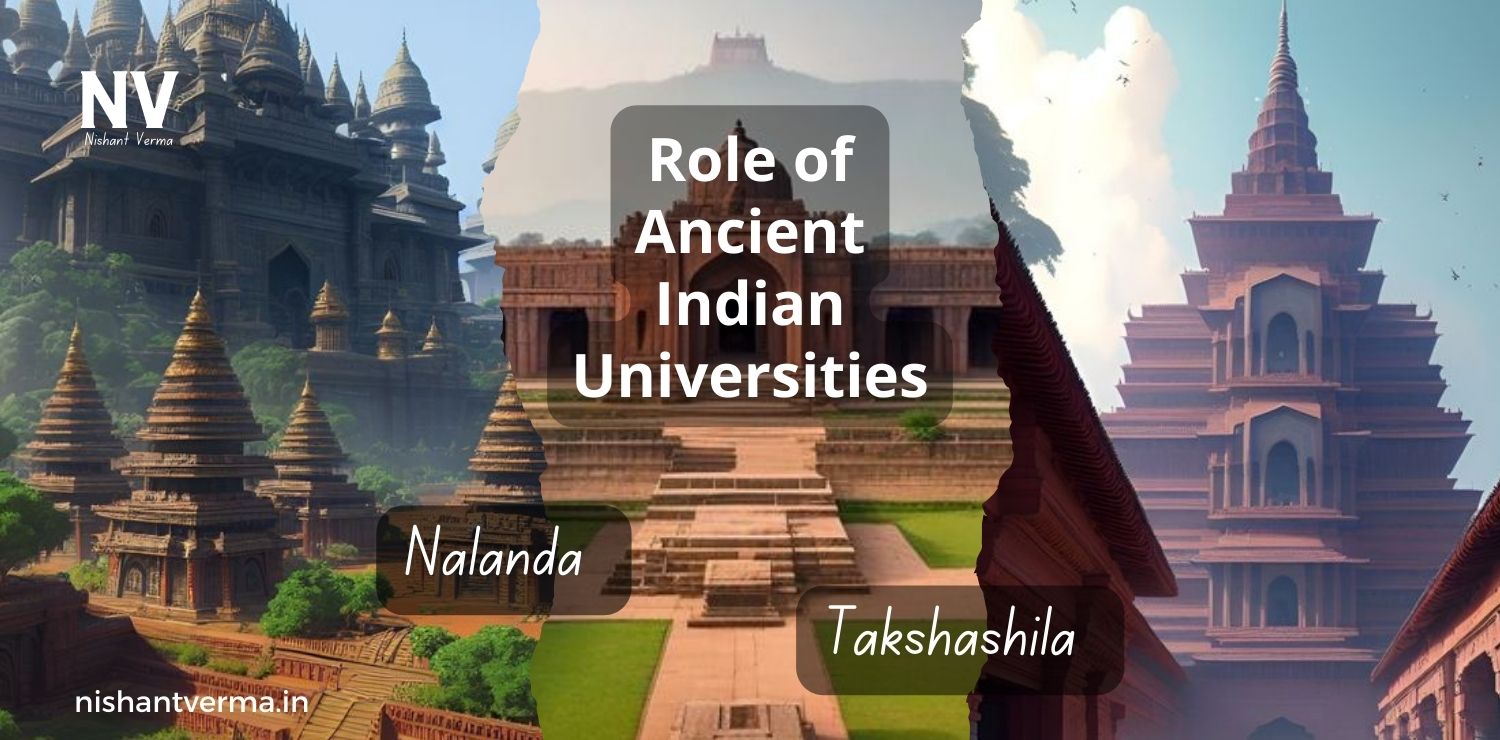The recent developments in the Kolkata rape-murder case have shaken the conscience of the nation, bringing to light the deep-seated issues of corruption and power abuse in high places. The Central Bureau of Investigation (CBI) has uncovered a larger conspiracy that goes beyond the horrific crime itself. Dr. Sandip Ghosh, the former principal of RG Kar Medical College, has become a central figure in this investigation. His alleged involvement in the promotion and protection of criminal activities raises important questions about the nexus between authority figures and crime.
The Kolkata Rape-Murder Case That Shocked the Nation
The Kolkata rape-murder case, involving a young trainee doctor who was brutally assaulted and killed, has been a pivotal moment in India’s fight for justice for women. The case has seen widespread outrage, with protests demanding swift and severe punishment for the perpetrators. What began as a shocking act of violence has now evolved into a deeper investigation into a conspiracy that may involve multiple layers of influential individuals, including Dr Sandip Ghosh.
The CBI’s arrest of Dr Sandip Ghosh, along with Abhijit Mondal, a 30-year-old police officer, has further intensified the public outcry. Ghosh is accused of playing a key role in covering up the crime and using his position of power to shield those involved. The allegations against him include financial irregularities and corruption, but the most damning accusations are related to his involvement in facilitating the rape and murder by protecting the main culprits.
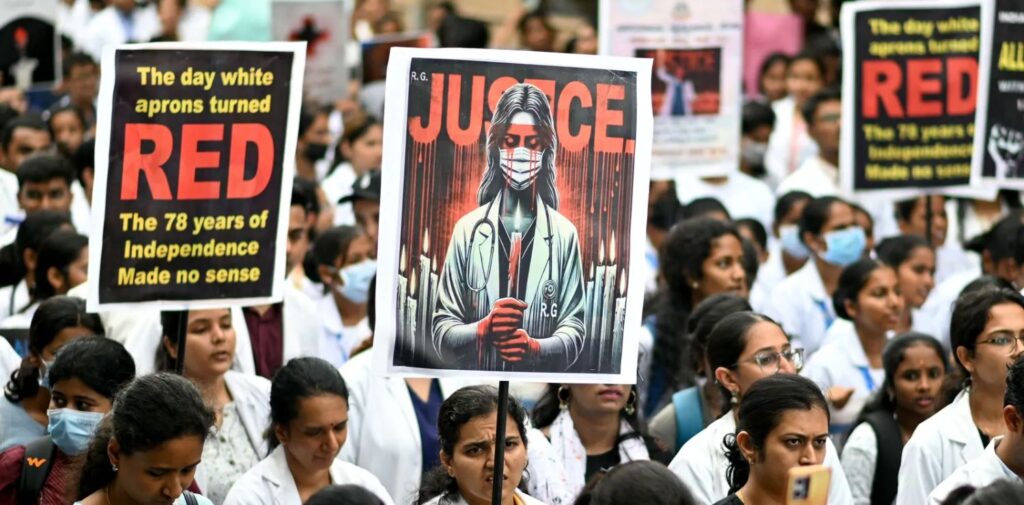
A Larger Conspiracy: Power, Corruption, and Crime
The CBI’s investigation points to a larger conspiracy involving not just the direct perpetrators but a network of influential individuals who used their power to promote and protect criminal activities. Dr Ghosh’s alleged role in this conspiracy is particularly concerning. As a senior doctor and former principal of one of Kolkata’s most prestigious medical institutions, Ghosh held a position of immense authority and responsibility. Instead of using his influence to uphold justice and protect the vulnerable, he is accused of doing the opposite.
The charges against Ghosh include not only obstruction of justice but also promoting a culture of impunity for criminals. The case has revealed how individuals in powerful positions can manipulate the system to their advantage, allowing heinous crimes to go unpunished. The involvement of a police officer like Abhijit Mondal further complicates the case, as it highlights the corruption within the very system that is supposed to protect citizens.
Demanding Justice: No Mercy for Those Who Abuse Power
As the investigation unfolds, there is growing public demand for the harshest possible punishment for those involved. The call for “no mercy” resonates deeply in a country where crimes against women often go unpunished or face delays in the judicial process. The involvement of influential figures like Dr Ghosh has sparked outrage, with many calling for his sentencing to serve as a powerful message to others who might think they can use their power to promote or protect criminal activities.
Dr. Ghosh’s alleged actions represent a betrayal of the trust placed in him by society. The demand for justice in this case goes beyond the specific crime itself; it is about holding accountable those who use their positions of power to perpetuate injustice. The public’s call for no mercy is a reflection of the deep frustration with a system that often fails to deliver timely justice.
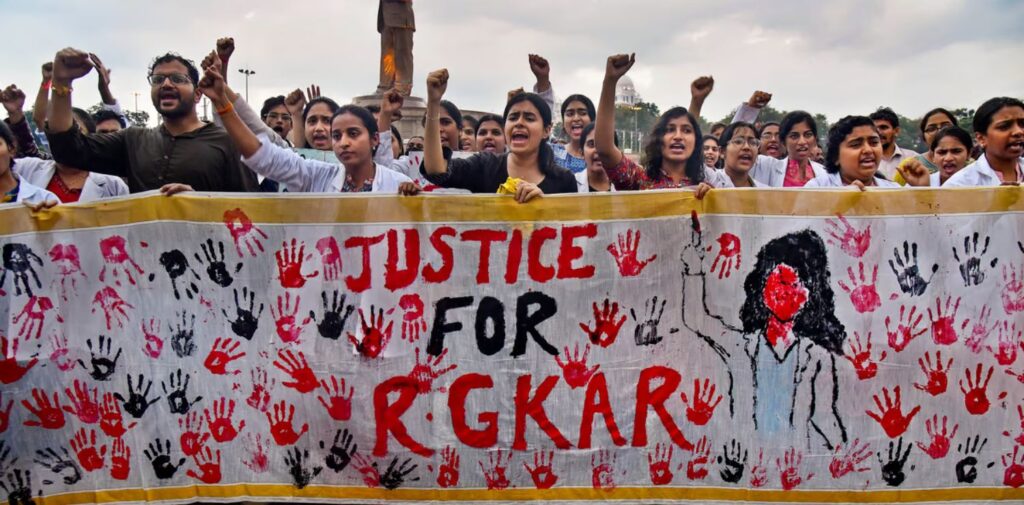
The Role of Corruption in Promoting Crime
The Kolkata rape-murder case has also exposed the deep links between corruption and crime in India. The financial irregularities involving Dr Ghosh are part of a larger pattern of corruption that enables individuals in power to escape accountability. Corruption creates an environment where criminals can operate with impunity, confident that they will be protected by those in authority. This case is a stark reminder of the need to address corruption at all levels of society if justice is to be served.
The CBI’s investigation into financial irregularities at RG Kar Medical College is particularly telling. It shows how corruption can seep into institutions that are supposed to be bastions of public service. Dr Ghosh’s alleged involvement in both financial crimes and the promotion of criminal activities highlights the dangerous consequences of allowing corruption to flourish.
The Importance of Swift and Severe Punishment
As Dr. Ghosh faces trial, there is a growing call for his punishment to reflect the severity of his crimes. The demand for no mercy in this case is not just about retribution; it is about sending a clear message that those who use their power to commit or promote crimes will face the harshest consequences. The possibility of a death sentence for Ghosh has been discussed, reflecting the gravity of the charges against him.
While the death penalty remains a controversial issue in India, many argue that in cases involving the rape and murder of vulnerable individuals, particularly when those in power are complicit, the harshest punishment is warranted. The case against Dr Ghosh represents a test of India’s commitment to justice, especially when influential individuals are involved.
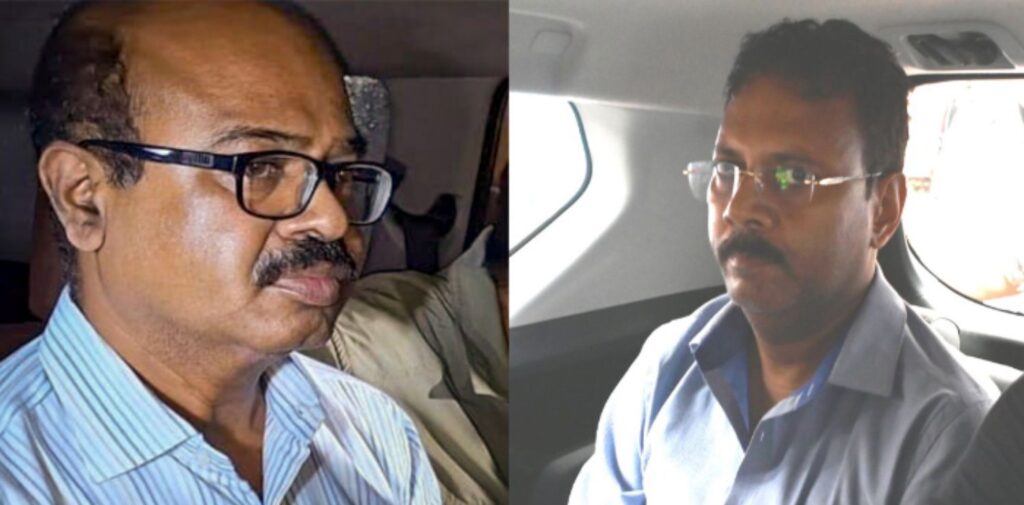
A Call for Systemic Change
The Kolkata rape-murder case is a tragic reminder of the deep flaws in India’s justice system. The involvement of individuals like Dr. Ghosh in promoting and protecting criminal activities highlights the urgent need for systemic change. Corruption and abuse of power are not isolated incidents; they are part of a larger pattern that undermines the rule of law and allows crimes to go unpunished.
This case has sparked widespread protests and calls for reform, with many demanding that the government take stronger action to root out corruption and ensure that justice is served. The involvement of a senior doctor and a police officer in such a heinous crime has shaken public confidence in the system, and there is a growing sense that only systemic change can restore faith in the rule of law.
Conclusion: No Mercy for the Betrayers of Justice
As the trial of Dr. Sandip Ghosh and his co-conspirators moves forward, the public demand for no mercy serves as a powerful reminder that justice must be swift and severe. The Kolkata rape murder case is not just about one horrific crime; it is about the systemic corruption and abuse of power that allow such crimes to occur. The involvement of influential individuals in promoting and protecting criminal activities must be met with the harshest punishment to restore faith in the justice system and ensure that such tragedies are never repeated.

